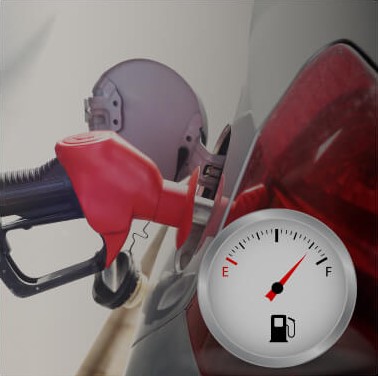In today’s fast-paced world, fleet management is undergoing a revolutionary transformation, thanks to the integration of artificial intelligence (AI). AI is redefining how companies oversee their vehicles, optimize operations, and improve overall efficiency. This technology is not just a luxury but a necessity for businesses looking to stay competitive in the logistics and transportation sectors.
Predictive Maintenance
One of the most significant contributions of AI is predictive maintenance. Sensors embedded in vehicles collect real-time data on engine performance, tire conditions, and fuel efficiency. AI algorithms analyze this data to predict potential issues before they become critical, reducing downtime and expensive repairs. This proactive approach ensures fleets remain operational, saving both time and money.
Route Optimization
Another key area where AI excels is route optimization. Advanced AI tools analyze traffic patterns, weather conditions, and delivery schedules to suggest the most efficient routes. This not only cuts fuel consumption but also enhances delivery times, leading to increased customer satisfaction.
Enhanced Safety
AI is also enhancing safety through advanced driver-assistance systems (ADAS). These systems use AI to monitor driver behavior, detect fatigue, and provide real-time alerts for potential hazards. By reducing accidents and promoting safer driving practices, AI significantly lowers insurance costs and protects valuable assets.
Fuel Management
Fuel management is another domain where AI shines. Smart algorithms monitor fuel consumption patterns and identify inefficiencies, helping fleet managers adopt more sustainable practices. AI-driven insights contribute to reducing carbon footprints, aligning businesses with environmental goals.
The Future of Fleet Management
Incorporating AI into fleet management is no longer optional but essential for staying ahead in a competitive market. As technology continues to evolve, the possibilities for AI in fleet management are boundless, promising a future of efficiency, sustainability, and safety.


